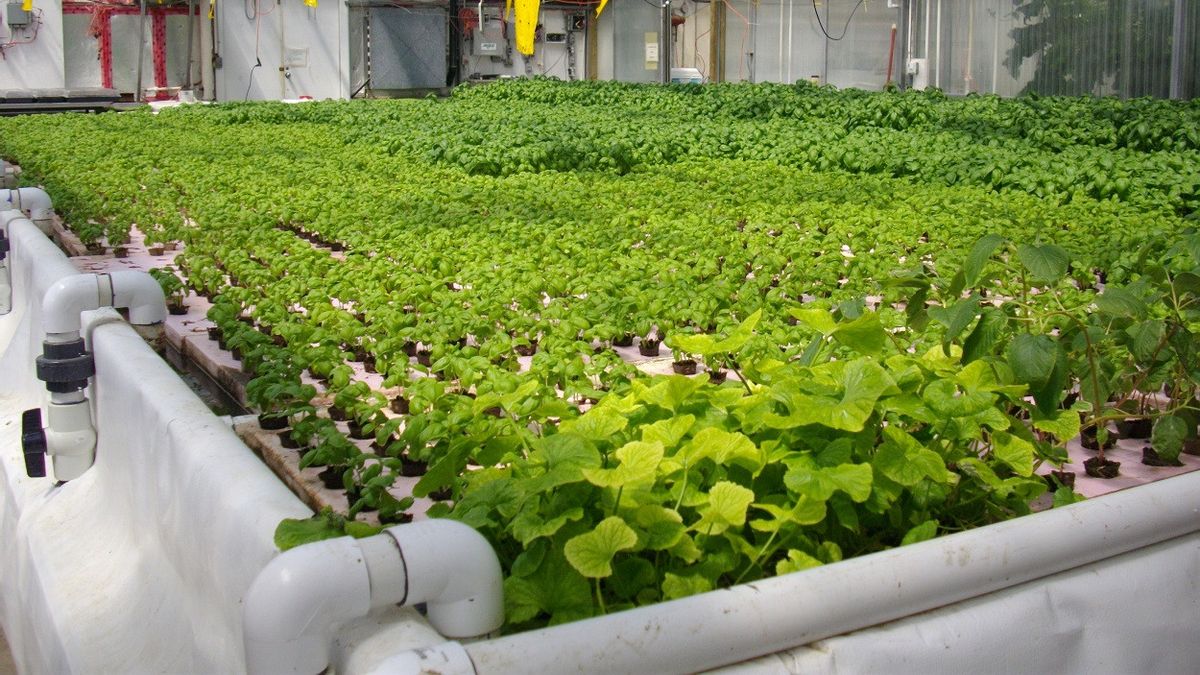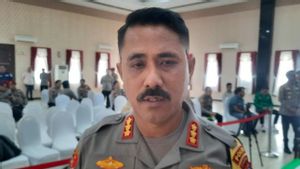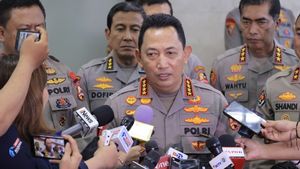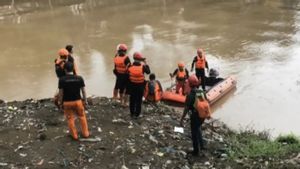JAKARTA - Research has revealed that the use of nanotechnology and artificial intelligence (AI) in agriculture can be a solution to address challenges that threaten global food security.
The study, carried out by researchers at the UK's University of Birmingham, investigated how precision farming allows farmers to respond in real time to changes in crop growth using technology.
Precision agriculture refers to agricultural methods that measure and respond to crop variability, enabling land management with the aim of optimizing efficiency and reducing waste.
In this case, artificial intelligence and nanotechnology can be used to help plants and soil perform better.

Climate change, increasing population, competing land demands for biofuel production, and declining soil quality make the challenge of producing food for humans even more difficult.
The United Nations (UN) estimates that 840 million people will be affected by hunger by 2030. In response, researchers have developed a roadmap combining smart agriculture with AI and machine learning that can help reduce this number.
"Finding a sustainable agricultural solution to this problem requires us to take bold new approaches and integrate knowledge from different fields, such as materials science and informatics," said study co-author Iseult Lynch as quoted by Euronews June 30.
"Precision agriculture, using nanotechnology and artificial intelligence, offers exciting opportunities for sustainable food production. We can link existing models for nutrient cycling and crop productivity with nanoinformatics approaches to help plants and soil perform better safely, sustainably and responsibly," he explained.

The main motivation for innovation in agricultural technology is the current need, to feed a growing global population with reduced land area available for agricultural use, while preserving soil health and protecting environmental quality.
Water also plays a key role in today's agricultural challenges. After putting millions of people at risk of acute hunger, the COVID-19 pandemic has set the stage for a very important year to rethink the entire system behind food and nutrition.
However, researchers are off track to meet the goal of ensuring water and sanitation for all by 2030, as set out in UN Sustainable Development Goal 6, with many water sources becoming unreliable, more polluted, or both.
Agricultural intensification has resulted in very poor global nitrogen use efficiency. This refers to how much nitrogen used in agricultural processes is actually absorbed by plants.

Inefficiency poses a serious threat to environmental quality as large amounts of nutrients are lost to water and air, warming the planet, with nearly 11 percent of global greenhouse gas emissions coming from agriculture.
The emission of nitrous oxide 'laughing gas' as a result of overfertilizing soils, which is 300 times more potent than carbon dioxide in causing global warming, is of particular concern. 70 percent of the emission of nitric oxide into the air is emitted by the agricultural sector.
Nanofertilizers offer the potential to target crop fertility, increase nitrogen use efficiency and reduce nitric oxide emissions, which could help support net zero greenhouse gas emissions by the 2050 target under the UK Climate Change Act.
The researchers found that nanotechnology could improve agriculture in four main ways; increase production levels and yields; improve soil health and plant resistance; improve the efficiency of resources, such as fertilizers, and reduce pollution; and developing smart sensor factories that can alert farmers to environmental stresses.
"Integrating AI and nanotechnology into precision agriculture will play an important role in investigating the design parameters of nanomaterials for use in fertilizer and pesticide delivery to ensure minimal impact on soil health - helping to ensure safe and sustainable agriculture," concludes another researcher, Peng Zhang.
The English, Chinese, Japanese, Arabic, and French versions are automatically generated by the AI. So there may still be inaccuracies in translating, please always see Indonesian as our main language. (system supported by DigitalSiber.id)













